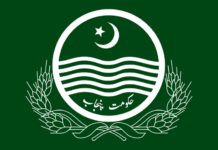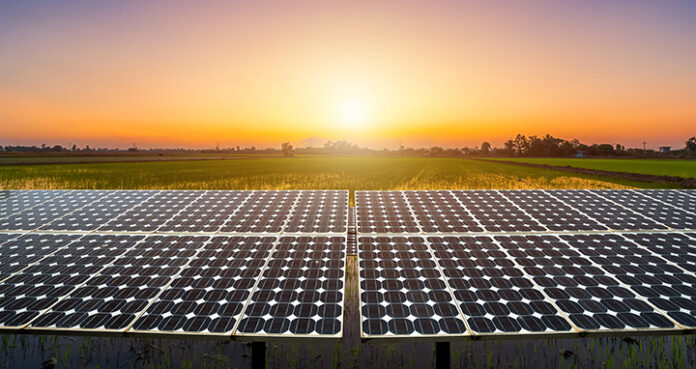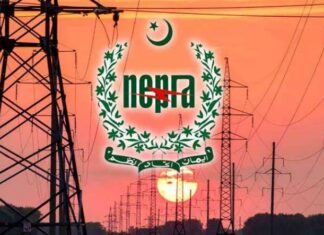Deputy Prime Minister and Foreign Minister, Senator Muhammad Ishaq Dar, said that the digital sales tax on services would remain within the jurisdiction of provinces, while the proposed 18% GST tax on solar panels had been reviewed and revised down to 10% following consultations.
Speaking in the National Assembly, Senator Dar stated that after detailed discussions with coalition partners and relevant stakeholders, a consensus had been reached on resolving several contentious budgetary issues. As part of the revisions, it was agreed that the imposition of digital sales tax on services falls under the constitutional domain of provincial governments.
“The concerns regarding digital taxation were valid. We held in-depth consultations with all stakeholders, including the Federal Board of Revenue (FBR), and it has been decided that the matter will be clearly addressed in the finance minister’s budget winding-up speech,” he said.
Dar further clarified that the earlier proposal of imposing 18% General Sales Tax (GST) on solar panels had sparked considerable debate. Upon review, it was revealed that 54% of components used in solarisation were already taxed under the existing regime, and the 18% tax applied only to the remaining 46%. However, after mutual consultations, we have now proposed reducing the solar GST from 18% to 10%, he announced.
He emphasised that tax proposals are essential for revenue generation, and any relief in one area necessitates compensation elsewhere. He pointed out that when the cabinet found the initial proposal of a 6% salary increase for government employees insufficient and raised it to 10%, corresponding budgetary adjustments also had to be made.
“We must move forward collectively. Our approach is rooted in consensus and cooperation,” he said.
Highlighting another key issue, Dar said it was decided to maintain funding for a proposed university in Sindh under the Public Sector Development Programme (PSDP) at Rs 4.7 billion through the Higher Education Commission (HEC).
He also acknowledged valid concerns raised by MNAs regarding the closure of the Public Works Department (PWD) and confirmed that the Pakistan Infrastructure Development Company Limited (PIDCL) would now oversee all federal development projects across provinces. He said, while PIDCL was initially formed for Sindh, its mandate has now been expanded to oversee development projects across all provinces.
Senator Dar concluded by reaffirming the government’s willingness to address genuine concerns through mutual dialogue and constructive engagement.
Meanwhile, Pakistan Peoples Party (PPP) MNA Syed Naveed Qamar thanked Prime Minister Shehbaz Sharif and Deputy Prime Minister Ishaq Dar for accommodating key PPP and Sindh government budget proposals.
Speaking in the National Assembly, Qamar said the government accepted major demands raised by PPP lawmakers during the budget debate. He welcomed the reduction of the proposed sales tax on solar equipment from 18% to 10%, aligning with the party’s stance.
He also acknowledged the government’s decision to expand the mandate of the Pakistan Infrastructure Development Company Limited (PIDCL) to all provinces, instead of limiting it to Sindh, effectively addressing another PPP concern.
On the other hand, if the government abolishes the 18% sales tax on the import of solar panels, it will result in a revenue loss of Rs 20 billion in FY 2025-26.























